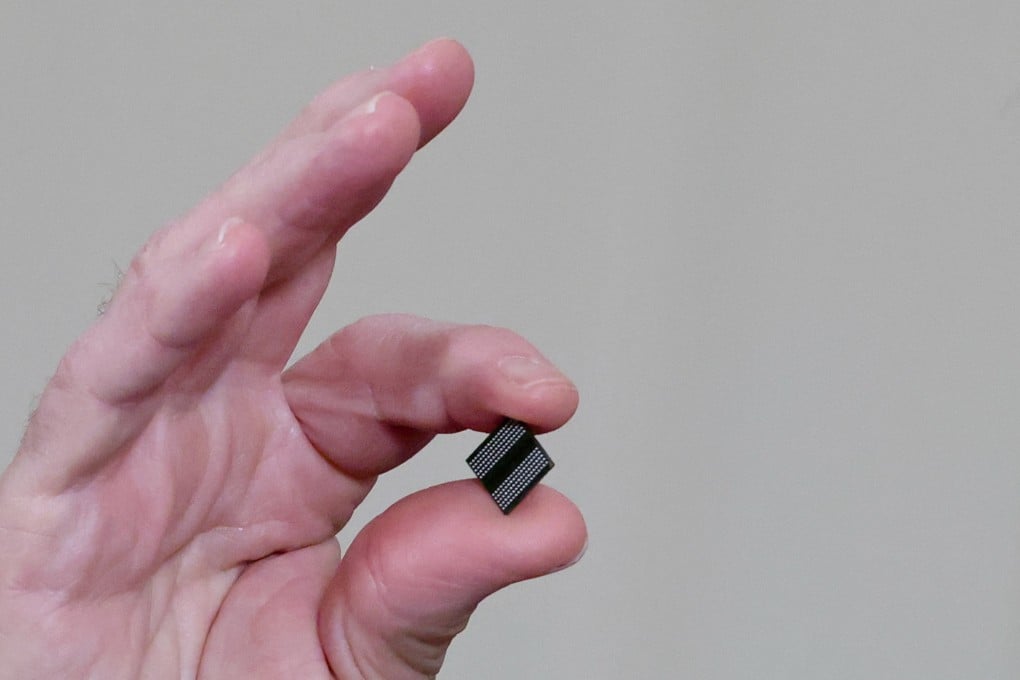Global chip shortage likely to last through 2021 and even into 2022 as industry grapples with increasingly complex market forces
- The crunch, which began with automotive chips that control car brakes, has spread to consumer electronics
- US-China tech war and pandemic have complicated demand curve in a capital-intensive industry with global supply chains

A global shortage of chips, the tiny devices at the heart of every electronics gadget, is having a ripple effect across the wider consumer electronics industry and analysts say the squeeze could last through 2021 and into 2022 given the multiple factors at play.
The crunch, which began with automotive chips that control car brakes, doors and windscreen wipers, is now being felt in the supply of chips used for smartphones, laptops, washing machines and refrigerators. The issue highlights the disruptive effects of both the China-US tech war and the Covid-19 pandemic on a supply chain that is truly global.
While price rises as a result of the chip shortage remain confined to the semiconductor sector for now, analysts say some low-margin consumer products may start to see price rises in the near future if the capacity crunch persists.
Citing China as a background factor, Biden also convened a summit with US tech firms such as Intel and Alphabet, carmakers such as General Motors and Ford Motor as well as South Korea’s Samsung Electronics and Taiwan Semiconductor Manufacturing Company (TSMC), and pledged his support for the domestic semiconductor industry.
But many analysts say the first step on the path to a chip shortage was actually due to the escalation of the US’s tech tensions with China – namely former president Donald Trump’s move to restrict Chinese access to advanced US-origin tech. This, some say, has changed a popular industry practice known as “just-in-time” inventory, whereby players along the value chain run on minimum stocks to save costs based on the assumption that supplies are always secure and efficient.
As a result of US sanctions, Chinese technology firms such as Huawei Technologies Co. were forced into suddenly boosting stockpiles of chips, which created a vicious cycle – the bigger the stockpile, the tighter the supply, encouraging more companies to behave in a similar fashion. Huawei described its situation as a life-threatening crisis.